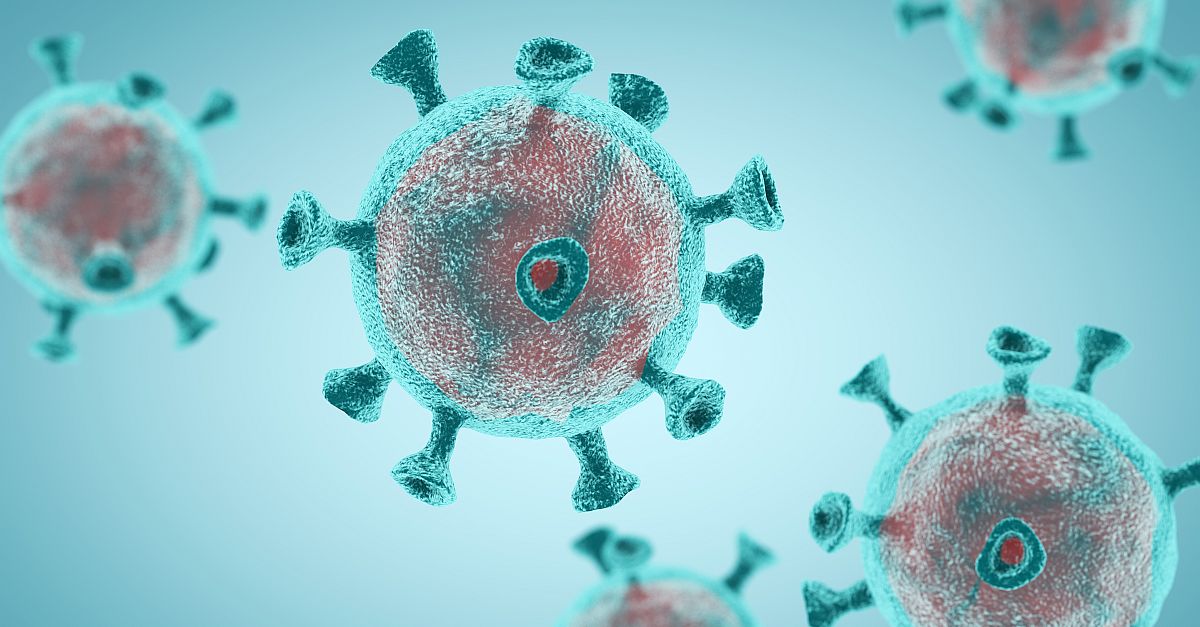Researchers have found links between blood type and infection by certain viruses for several years, most recently identifying that blood type is associated with COVID-19 risk. More specifically, people with type A blood are at an increased risk of becoming infected with the SARS-CoV-2 virus. In an article published in JAMA, Rita Rubin, MA, shared some highlights from the research, including one study by Dr Sean Stowell and colleagues at Brigham and Women’s Hospital and Harvard University in Boston, MA. Dr Stowell determined that SARS-CoV-2 enters cells through the angiotensin-converting enzyme 2 (ACE2) receptors on their surface. Findings suggest that both the Delta and Omicron variants of the virus are more likely to “stick” to cells expressing the blood group A antigen and locate their ACE2 receptors as compared with those expressing the blood group O antigen. The likelihood of infection may also be influenced by galectin-4, which interacts with blood group antigens, but more research is needed to fully understand this association.
Other international studies support these results. In a Chinese study, researchers found a similar link between blood type and the likelihood of becoming infected with SARS-CoV-2, adding that people with type A blood have significantly higher ACE2 protein levels than those with other blood types. They suggested that this may help explain why type A blood was overrepresented among patients hospitalized with COVID-19 in their study. A Dutch study showed that blood group O was associated with a lower risk of COVID-19 than other blood groups. A study in Italy found that SARS-CoV-2 seroprevalence was higher among those with type A and type AB blood compared with those with type O. These researchers also noted that the A antigen plays a role in SARS-CoV-2 binding with ACE2 receptors. Conversely, both the Dutch and Italian researchers found that anti-A and anti-B antibodies in people with type O blood might block the virus from sticking to cells, thus lowering their risk of infection. The author cautioned that this does not mean people with blood group O are immune to the virus, so they should continue to take steps to minimize their risk of SARS-CoV-2 infection, such as being up-to-date with vaccinations.
High level
Researchers from around the world found blood type is linked with COVID-19 risk. Studies support the finding that blood group A antigen is indeed a risk factor for SARS-CoV-2 infection and may be a biomarker for susceptibility to worse outcomes with COVID-19. These findings should be considered in future research of the diagnosis, treatment, and prevention of SARS-CoV-2 infection.
Ground level
This confirmation of blood type linked with COVID-19 risk also has implications for clinical practice. Clinicians should give consideration to blood type when assessing potential risk of SARS-CoV-2 infection with patients. While those with type O blood may have a reduced infection risk, vaccinations continue to be recommended for everyone regardless of blood type.

